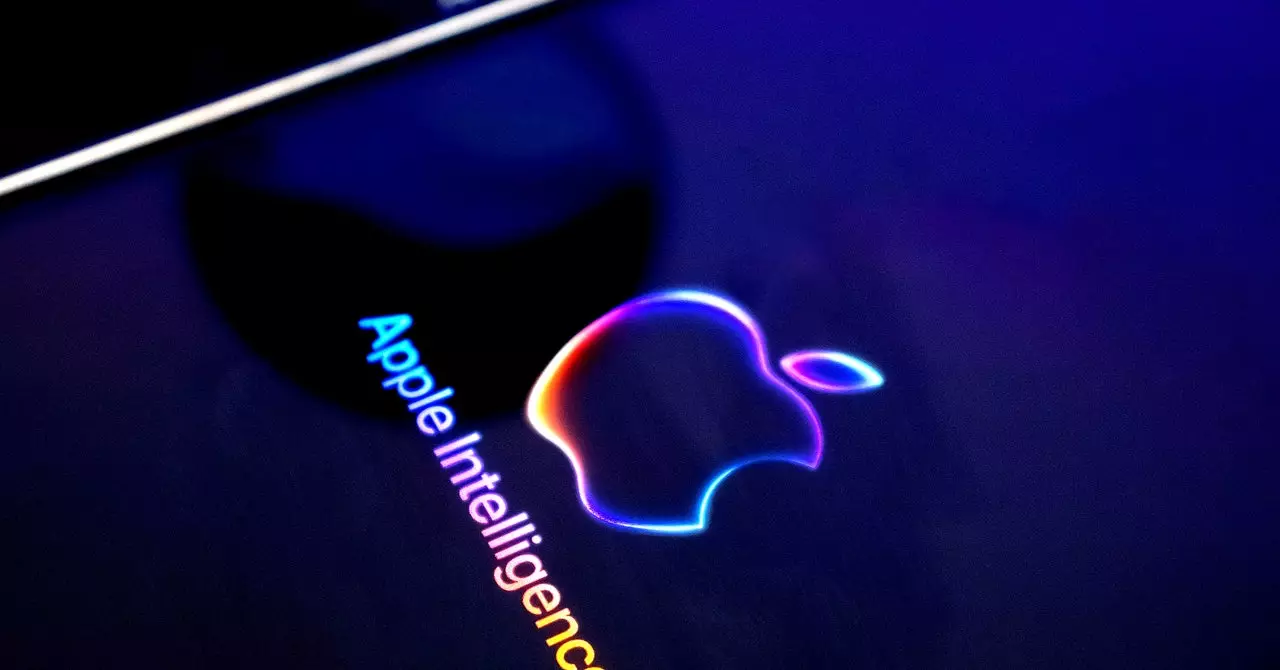Google and its hardware partners have been vocal about their commitment to privacy and security in the realm of Android AI. According to the VP of Samsung Electronics, Justin Choi, their hybrid AI provides users with a sense of control over their data and ensures uncompromising privacy. Features processed in the cloud are protected by strict policies that govern the servers, and on-device AI tasks are performed locally without storing or uploading data to the cloud.
Google emphasizes the security measures implemented in its data centers, including physical security, access controls, and data encryption. The company assures that when processing AI requests in the cloud, data remains within secure Google data center architecture without being shared with third parties. Additionally, Samsung’s AI engines are not trained with user data from on-device features, providing an extra layer of privacy and security.
Samsung has introduced a new security and privacy option known as Advanced Intelligence settings, which allows users to disable cloud-based AI capabilities if they wish. This gives users the freedom to choose how their data is used and processed, enhancing the overall transparency of AI functions on Galaxy devices.
Google has a long-standing history of prioritizing user data privacy, both on-device and in the cloud. The company utilizes on-device AI models for sensitive cases such as screening phone calls, ensuring that data never leaves the user’s phone. By following responsible AI principles and maintaining a secure and private design, Google aims to build AI-powered features that users can trust.
Apple has taken a different approach to AI privacy by focusing on on-device processing and prioritizing user privacy from the ground up. This strategy has shifted the conversation around AI privacy and set a new benchmark for the industry. Despite this, Apple faces challenges, such as its partnership with OpenAI, which could raise concerns about data privacy and security.
Apple’s deal with OpenAI, allowing access to its iOS ecosystem, has raised eyebrows in the privacy community. While Apple maintains that privacy protections are built into the partnership with ChatGPT, questions remain about the handling of user data and the impact on iPhone security. The decision to partner with OpenAI signifies a shift in Apple’s strategy and highlights the evolving landscape of AI privacy in the smartphone industry.
The battle for AI privacy between Google and Apple showcases the growing concern for user data protection and security in the age of artificial intelligence. Both companies have taken steps to address these concerns, with Google emphasizing data security measures and transparent AI processing, while Apple champions a privacy-first approach to AI development. As technology continues to advance, the conversation around AI privacy will undoubtedly evolve, with users playing a crucial role in shaping the future of data protection in the digital age.


Leave a Reply